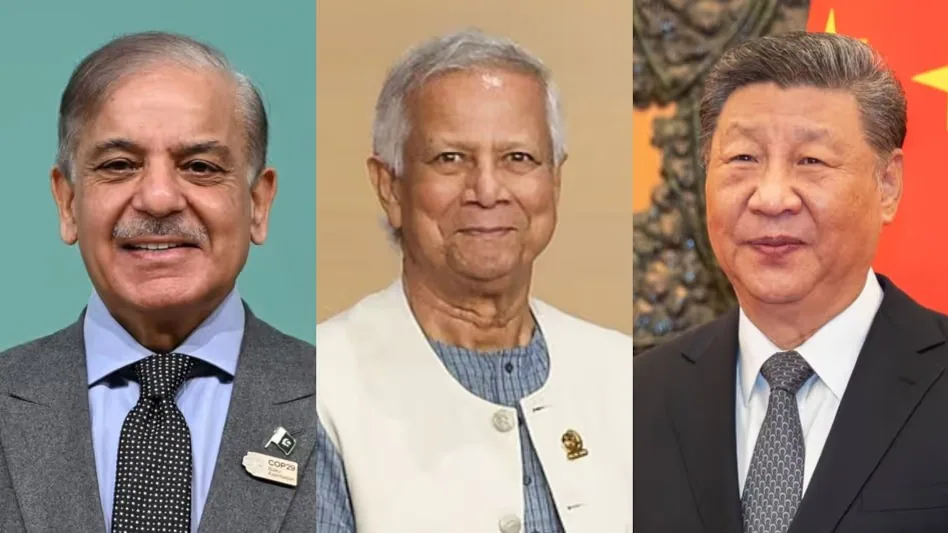Now Reading: Vietnam-US Trade Deal Sparks Concern in India, Experts Urge Caution on Future Agreements
-
01
Vietnam-US Trade Deal Sparks Concern in India, Experts Urge Caution on Future Agreements
Vietnam-US Trade Deal Sparks Concern in India, Experts Urge Caution on Future Agreements

A recently signed trade agreement between Vietnam and the United States has raised alarms in India’s policy circles, with experts warning that it may set a precedent that could disadvantage Indian exports. As New Delhi negotiates its own trade deals, analysts are urging the government to be strategic and cautious, especially in sectors where India competes directly with Vietnam in the global market.
Vietnam’s Strategic Advantage
The Vietnam-US trade deal offers the Southeast Asian nation preferential treatment in multiple sectors, including textiles, electronics, and agricultural exports. For India, this poses a potential threat, as both countries compete for similar export markets in the US and EU.
With lower labour costs and faster trade processing, Vietnam is gaining a reputation as a manufacturing and export hub—something India has also been striving for under its “Make in India” initiative.
Why Indian Exporters Are Worried
Sectors like garments, footwear, and electronics—where Indian companies already face tough global competition—could be hit if the US starts favouring Vietnamese imports due to the new deal. Exporters from Tier 2 cities like Tiruppur, Surat, Kanpur, and Ludhiana, which are manufacturing centres for these products, fear reduced market access and falling profit margins.
Many believe that unless India secures similar or better trade terms, its competitiveness in global markets may weaken further.
Experts Call for Smarter Trade Talks
Trade think tanks have urged Indian policymakers to closely study the Vietnam-US deal before finalising any similar agreements. They caution that while opening up to trade is important, blindly accepting conditions that favour partners more than India could harm long-term economic interests.
There’s a push to ensure that trade deals not only benefit large industries but also support MSMEs, which form the backbone of exports in smaller Indian cities.
Balancing Growth and Protection
India faces a tough challenge—balancing the need to attract foreign investment and export markets, while protecting its domestic industries. With talks of upcoming trade negotiations with countries like the UK and the EU, experts stress the importance of focusing on fair tariffs, non-tariff barriers, and technology-sharing clauses.
Strategic planning will be key, especially for labour-intensive sectors that employ millions across Tier 2 and Tier 3 cities.
Conclusion
The Vietnam-US trade deal is a wake-up call for India to reassess its global trade approach. As the world economy realigns, New Delhi must ensure that its agreements promote long-term growth without compromising the interests of Indian exporters. For businesses across India’s heartland, these negotiations could directly shape their future in the global marketplace.

























